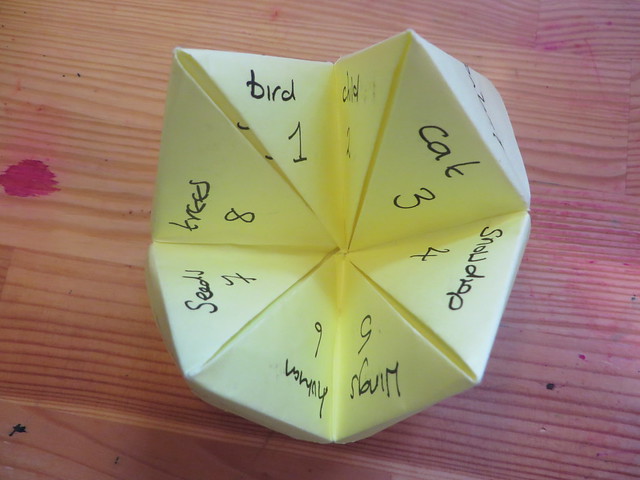
“Postcards on Pedagogy” flickr photo by NomadWarMachine shared under a Creative Commons (BY-NC-SA) license
It’s a couple of weeks into the UW/UofG collaboration, and I thought I’d take a few minutes to reflect on my experiences so far.
It started out very low-key for me. Mum died on 10th October 2024 (I still can’t type that without having to pause to wipe my eyes). So when the collaboration ‘officially’ began at the beginning of November, I knew that my participation would be interrupted by my need to travel 470 miles south to attend her funeral in early November, and all of the emotional upheaval that would entail. But I thoroughly enjoyed meeting my group (Debs, Alka and Mary) over Zoom and coming up with an asynchronous activity for us all to add to before meeting again on the 18th. On my return from England, after pushing through the mountain of work that had accumulated in my absence, I enjoyed a brief hiatus that I allowed myself in which write. Sending a quick email to Debs, Alka and Mary on Tuesday evening (my time) resulted in three lovely replies in my inbox on Wed morning – that really gave me a boost, and I have found a little more time to plan my next contribution to the collaboration.
I also found time to catch up with a project initiated by Carole, who is sending out prompts asking people to respond with a digital postcard. Carole had sent a card around to the group with a picture of her typical classroom. I have had neither classrooms nor students for years now, so I responded with a postcard remix from the amazing Bryan Mather’s remixer. However, this did get me thinking about my own learning environment, and an idea for my next remix.
Both of these activities have helped me to reflect on what I was hoping to gain from this collaboration, and what I was enjoying. I think that one thing that I have realised from my online communities is to enter experiences like this without rigid expectations, but with high hopes. I hoped to meet good people, to have interesting conversations, to participate in ways that I had not anticipated, and without rigid rules (no facilitators telling me that I am doing it wrong). And I always hope for the opportunity to play with remix.
Well, so far I’ve not been disappointed, and I’m looking forward to the rest of the month.







